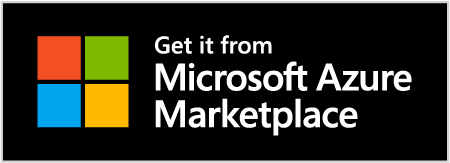Meta’s Mark Zuckerberg just recruited 50 AI superheroes for his “Fantastic 50” team—basically the AI version of The Avengers, minus the capes, plus a lot more compute power. He’s offering nine-figure packages, which makes this the only group chat where someone might actually drop a billion-dollar emoji. The goal? Build an AGI smarter than your average Silicon Valley VC pitch. Meanwhile, the rest of us are just hoping Siri stops ghosting us.
Zuckerberg’s building the Avengers of AI—and I still can’t get my smart speaker to recognize my voice when I’ve got a cold.
Toyota’s Woven City—yes, that’s the real name—is opening its doors this fall. It’s a hydrogen-powered, AI-managed dreamscape where self-driving cars and robot butlers live their best lives. Think SimCity meets Silicon Valley startup, with fewer glitches and more sushi. Even the homes are smart enough to judge your eating habits.
Forget traffic lights—this place probably has AI-controlled crosswalks that say, “You can strut now, king.”
Google dropped Android 16, and this update isn’t just a glow-up—it’s a full-on AI-powered transformation. It’s got a new Material 3 Expressive UI, can monitor battery health like a Fitbit, and Gemini AI is now officially your phone’s new therapist. It even comes with scam call detection, so grandma might finally stop sending money to “Prince Kelvin.”
Android 16 is like your ex—it looks better, acts smarter, and suddenly knows how to communicate.
Despite being competitors, OpenAI has entered into a cloud computing deal with Google to meet its growing infrastructure needs. This partnership is surprising, given their rivalry in the AI space. However, the demand for computing power has led OpenAI to seek resources wherever available, even if it means collaborating with a competitor.
OpenAI teaming up with Google is like Batman borrowing gadgets from the Joker—unexpected, but sometimes necessary.
Apple just dropped iPadOS 26, and it’s basically your iPad saying, “I’m not a tablet, I’m a real boy!” The new update brings resizable windows, a more flexible dock, and proper support for external displays—AKA, your iPad’s glow-up into a baby Mac. It’s productivity on steroids, minus the keyboard clicky-clack ASMR. Developers are hyped, users are cautiously optimistic, and your old laptop is starting to sweat.
It’s the iPad’s biggest identity crisis since someone tried to use it as a camera in public.
Axiom Space is gearing up for its fourth private mission to the International Space Station, sending a four-person crew for another luxury stay in orbit. It’s less “Houston, we have a problem” and more “Houston, do you have Wi-Fi?” The team includes Turkey’s second astronaut and is part of NASA’s broader space tourism strategy—basically Airbnb for low-Earth orbit.
Axiom’s missions are proof that space is the new Hamptons—exclusive, expensive, and with way less gravity.
YouTube is testing out AI voice dubbing that can translate your favorite creator’s video into multiple languages using their actual voice. That’s right—your favorite American prankster can now yell at strangers in fluent Portuguese. Powered by DeepMind’s Lyria model, it replicates tone and emotion across languages, which means more drama, more yelling, and even more confused subtitles.
YouTube dubbing is great—until your meditation video whispers “relax” in German and it feels like a threat.


